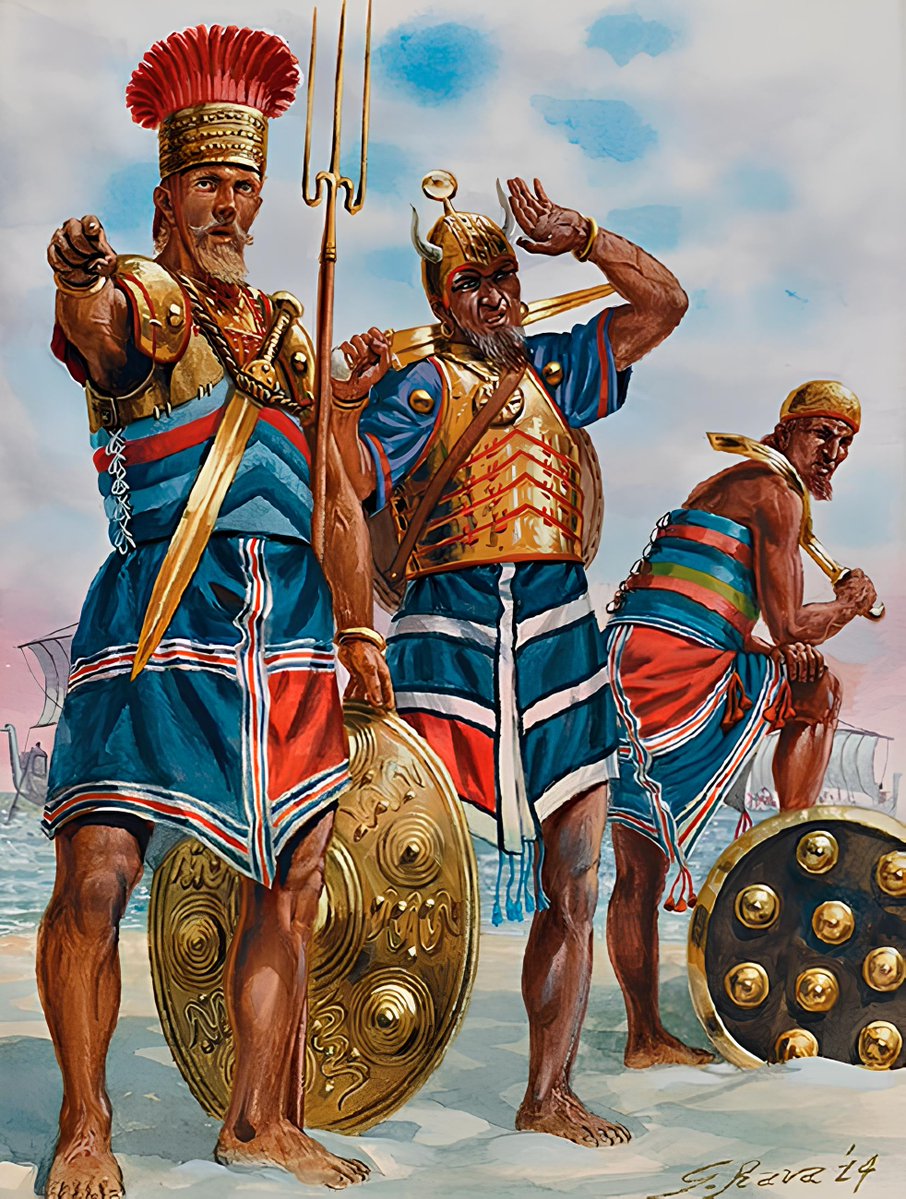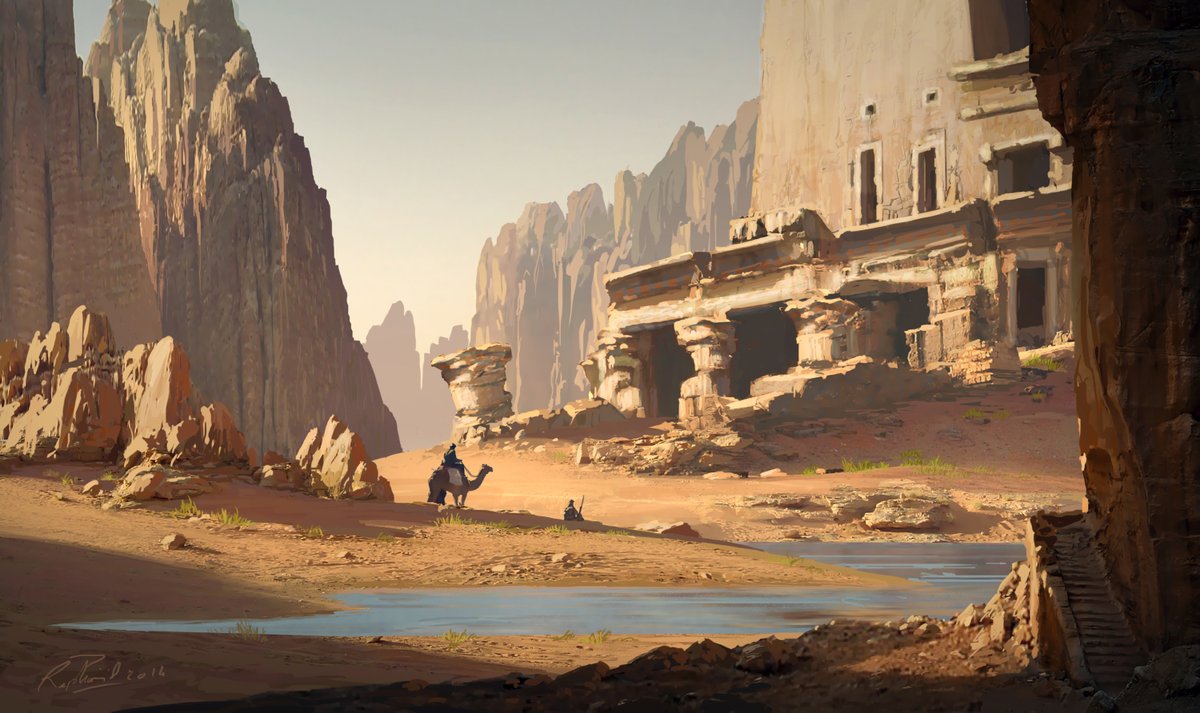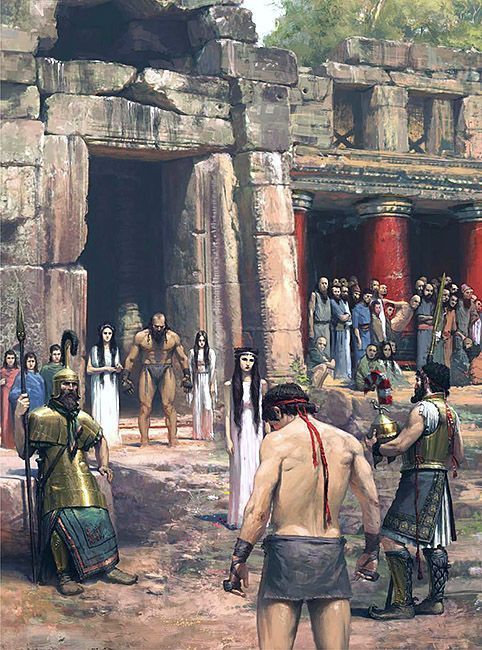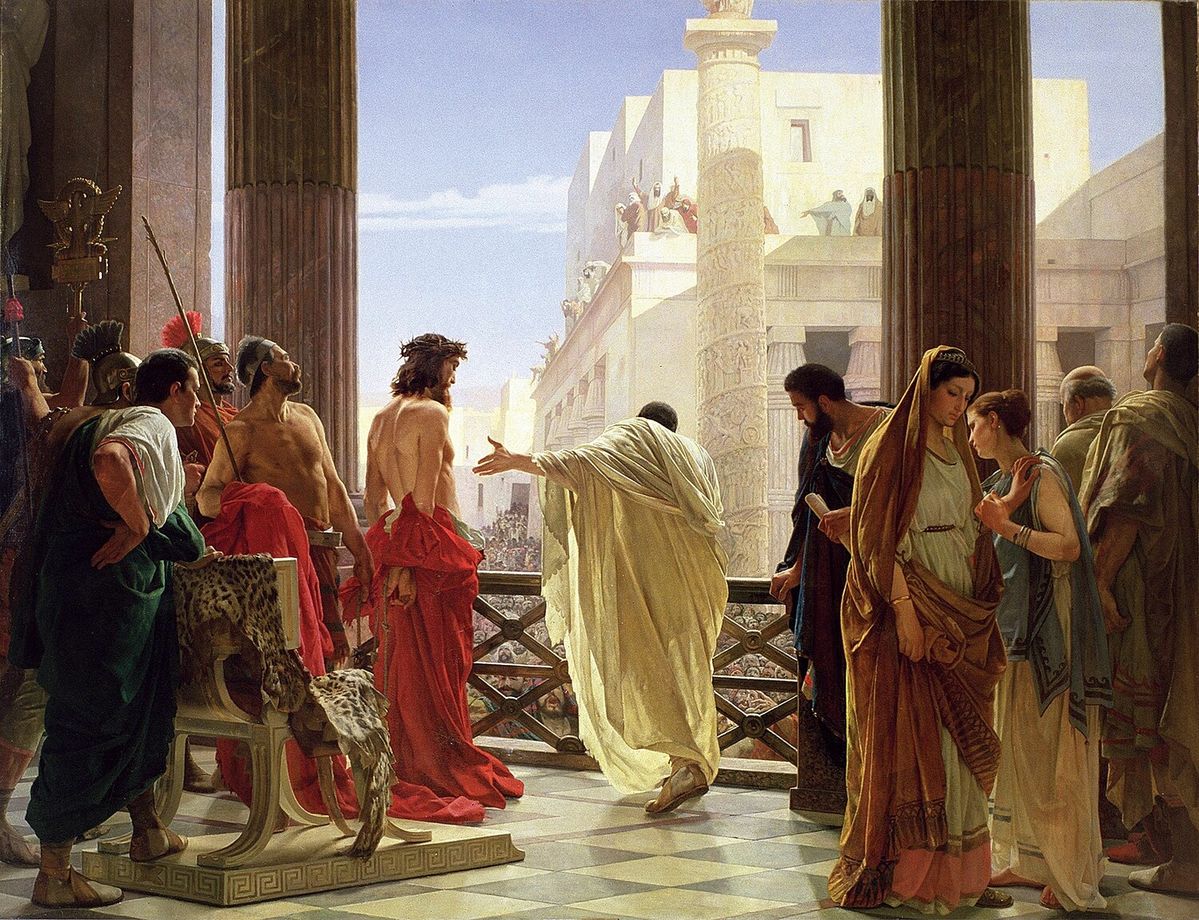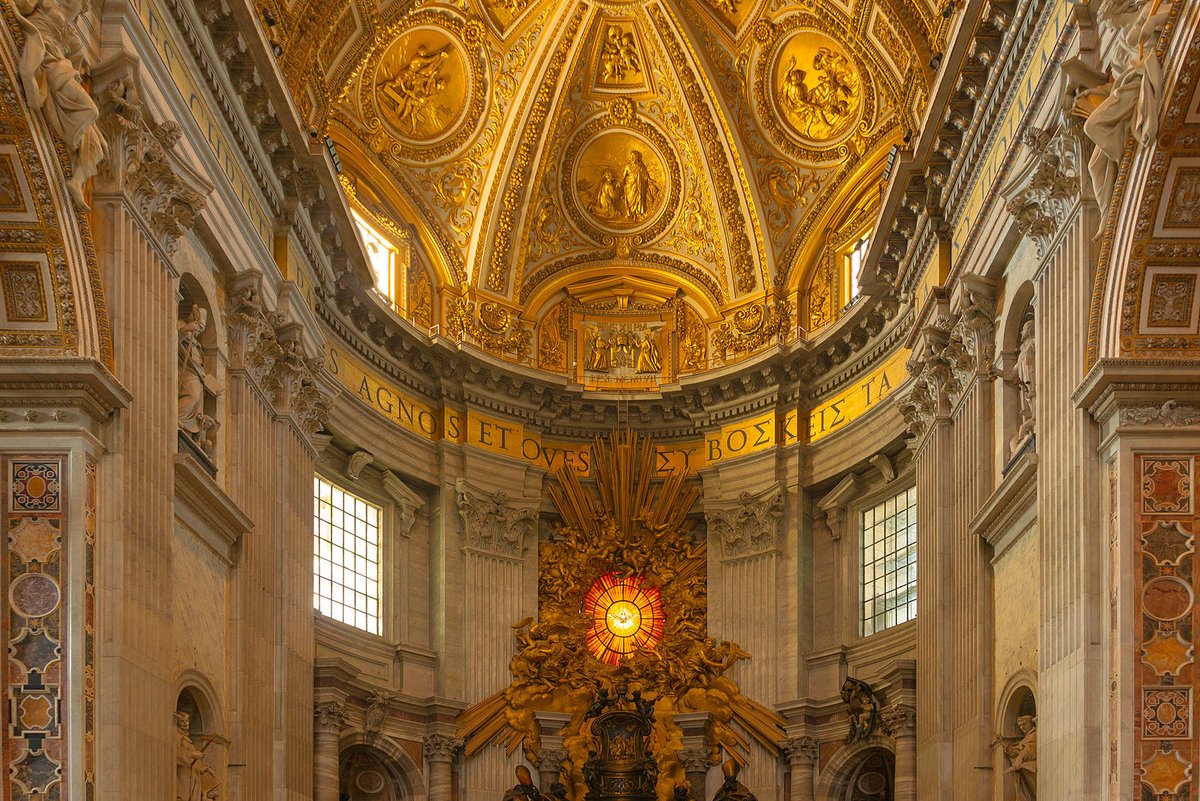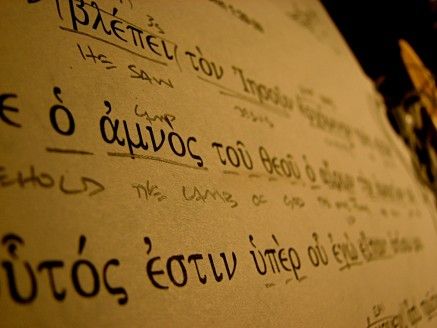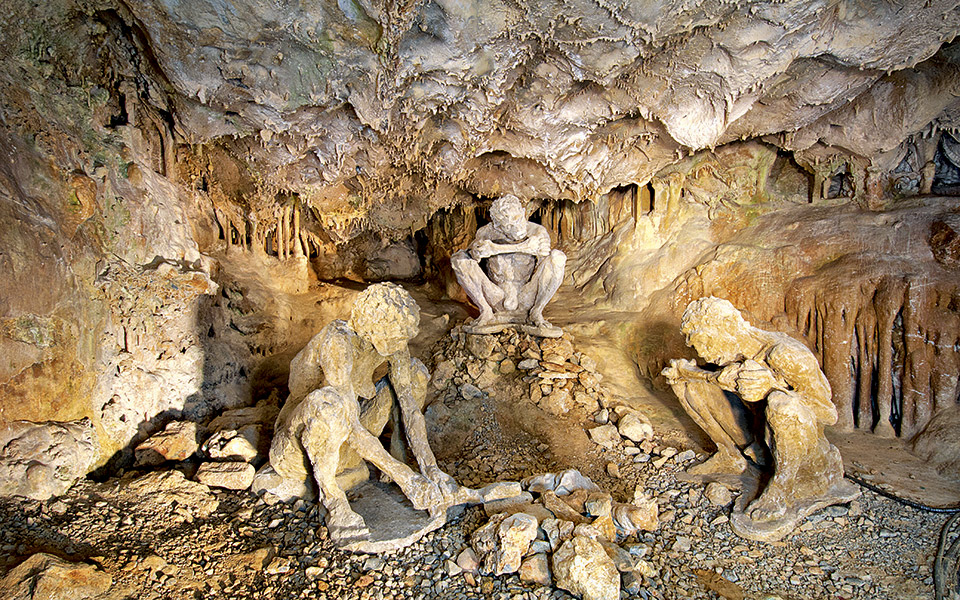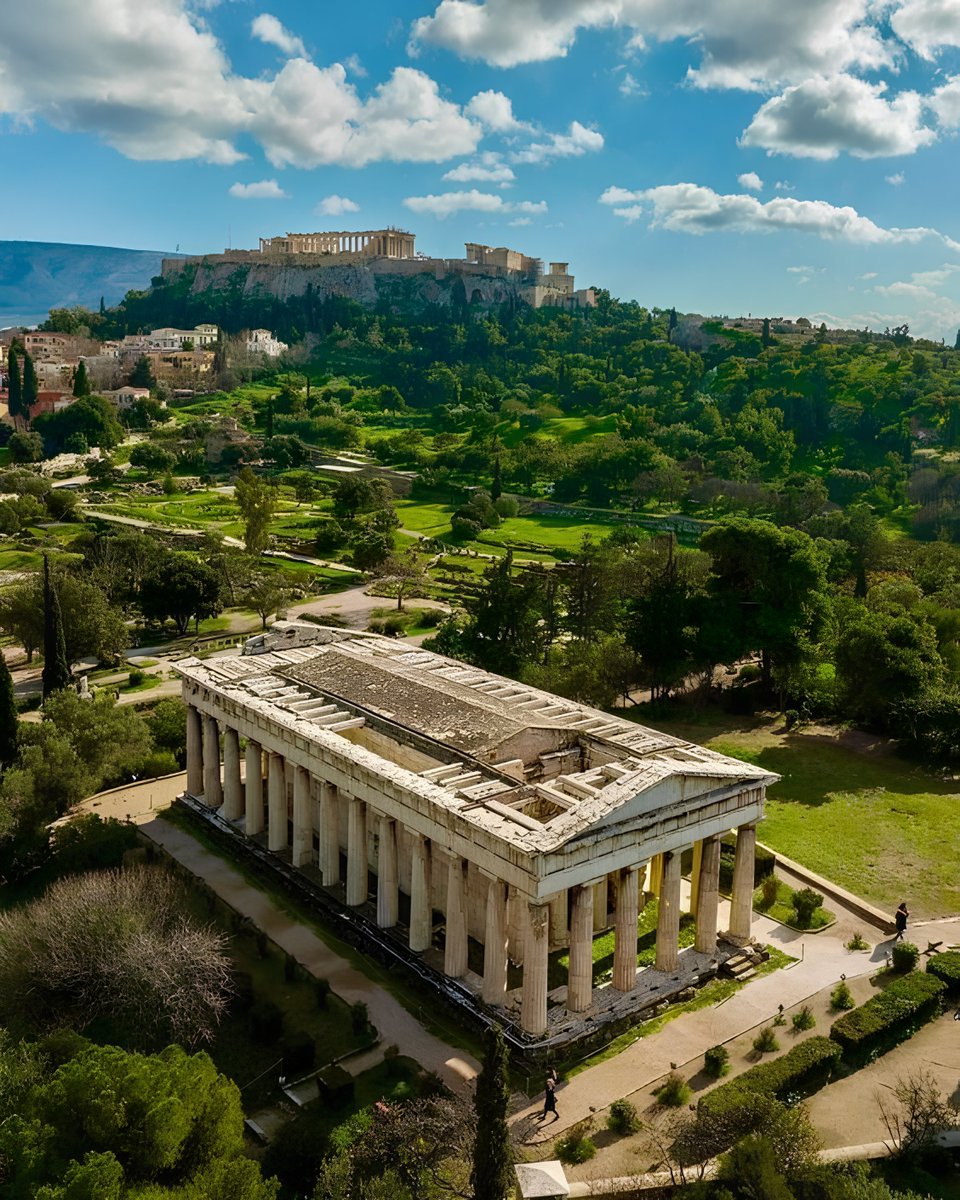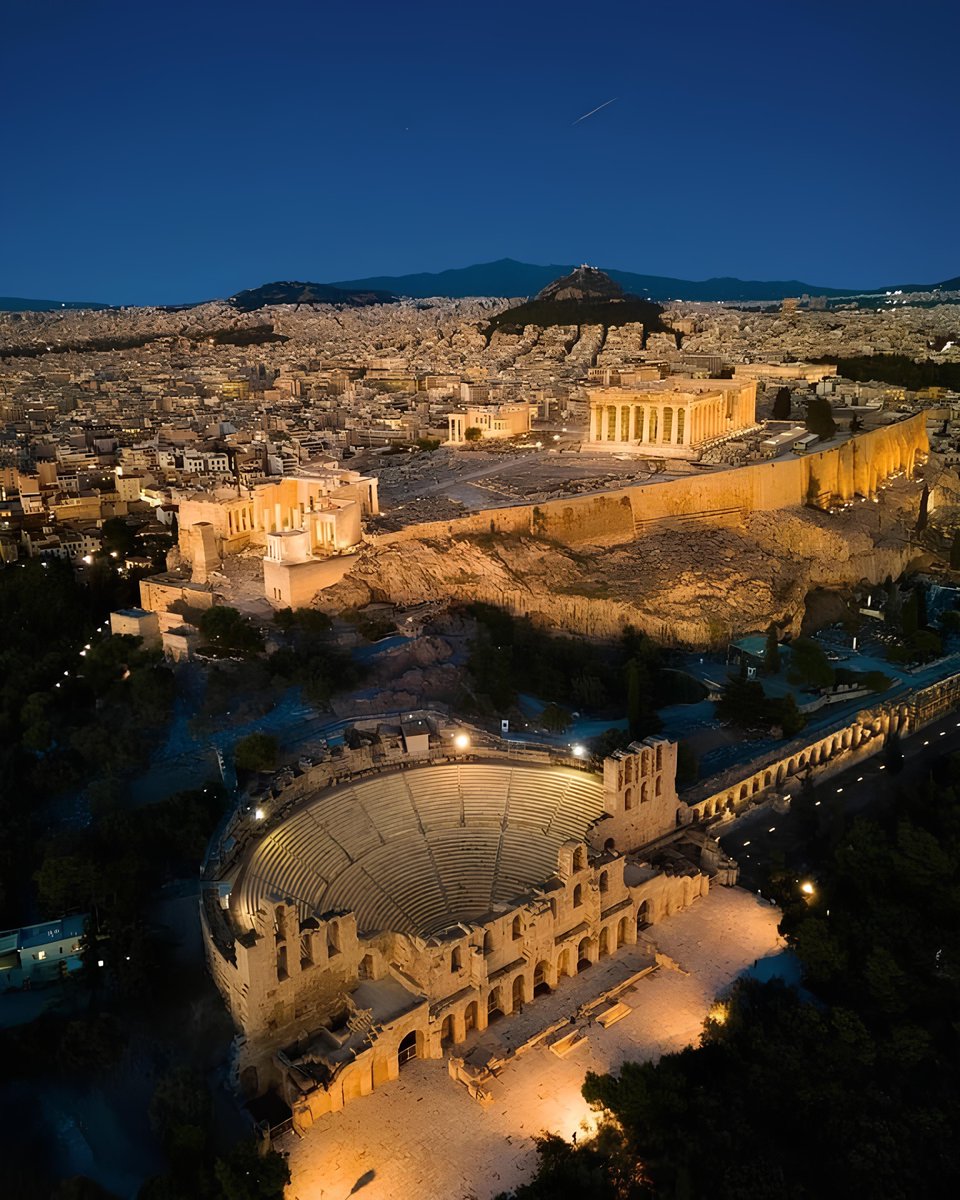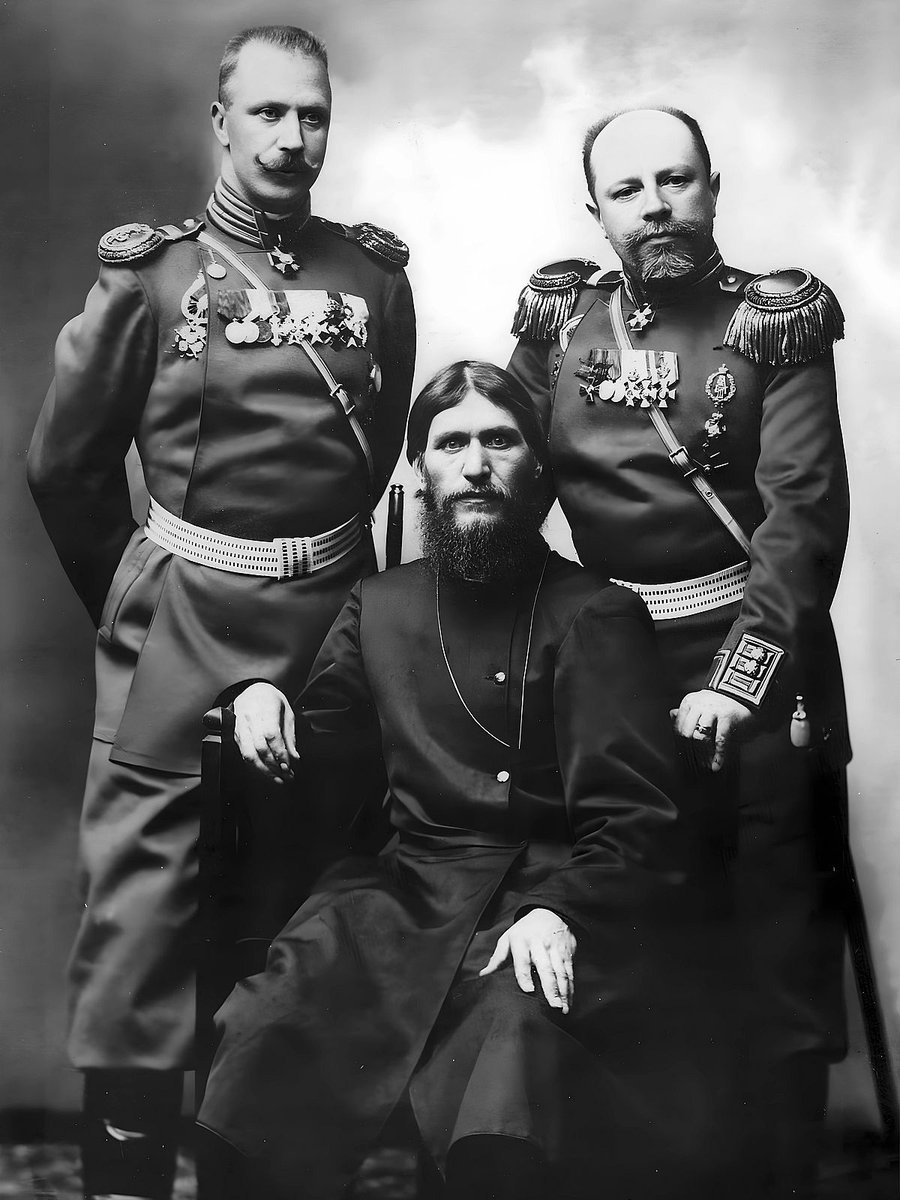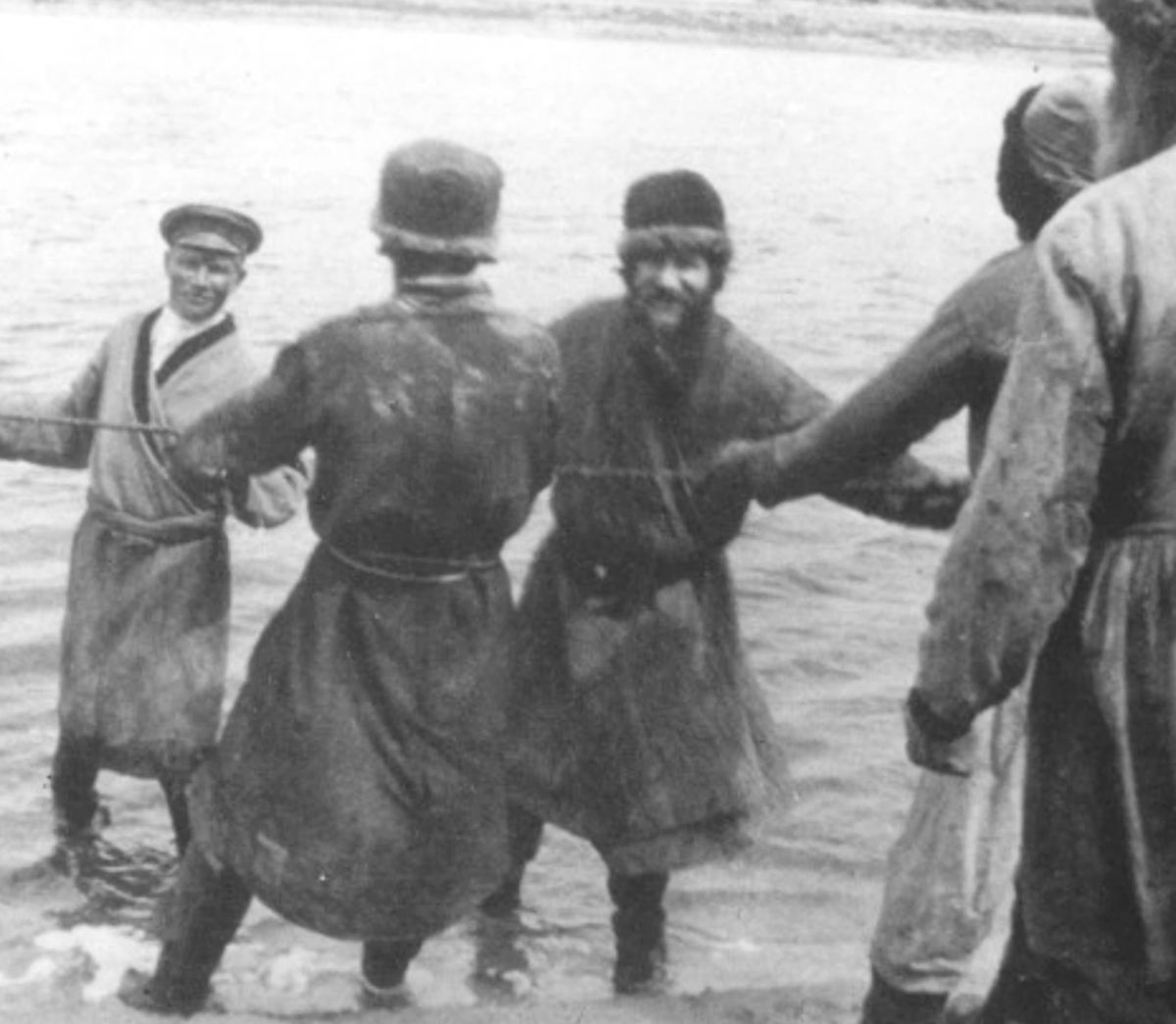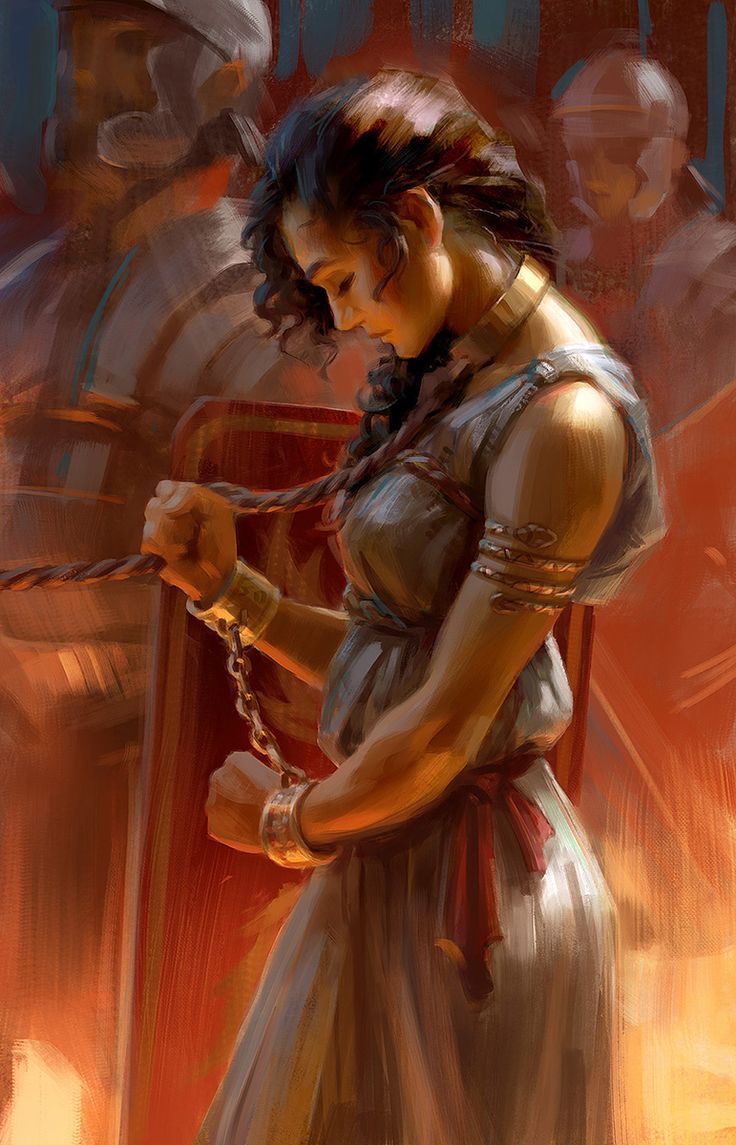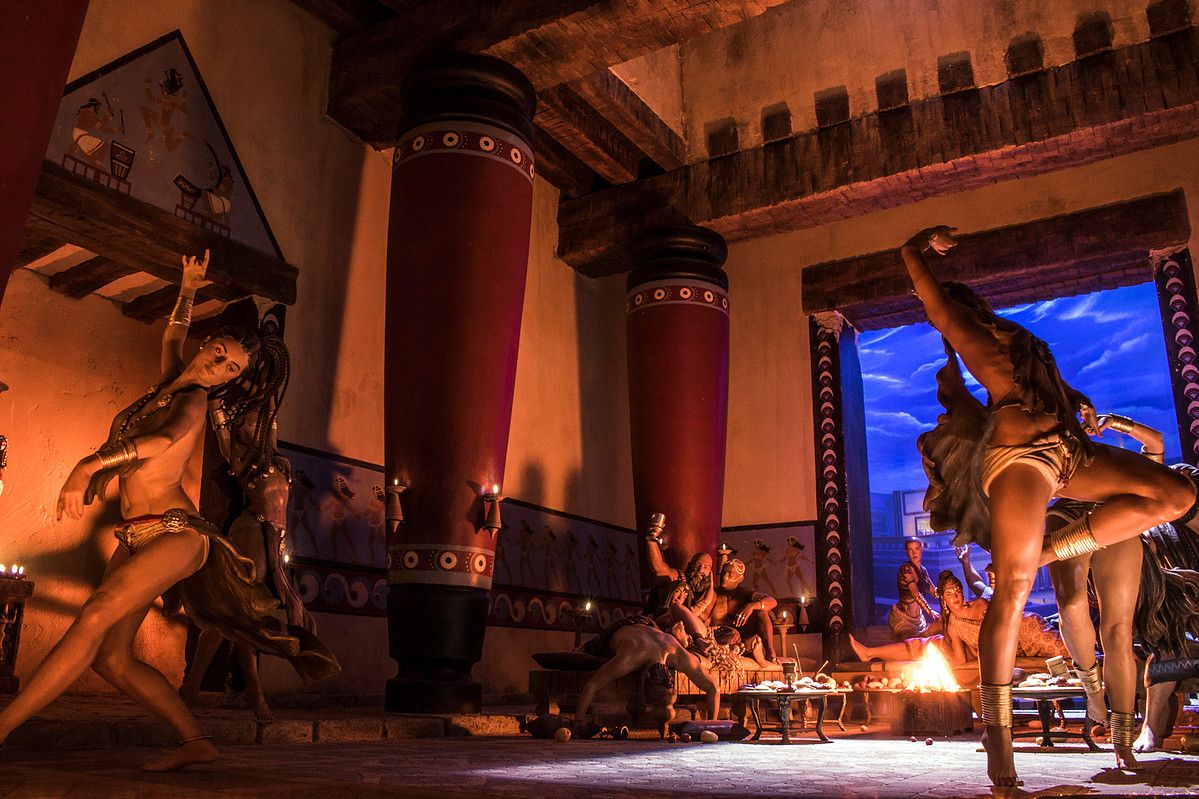Olympic Games: Origins
We saw the.. bizarre spectacle of the Opening of the 2024 Olympic games; but do we really know the origins of the Olympics and what they meant?
Follow me down this thread back in time, when the Games signified Honor, Unity and Respect.
We saw the.. bizarre spectacle of the Opening of the 2024 Olympic games; but do we really know the origins of the Olympics and what they meant?
Follow me down this thread back in time, when the Games signified Honor, Unity and Respect.
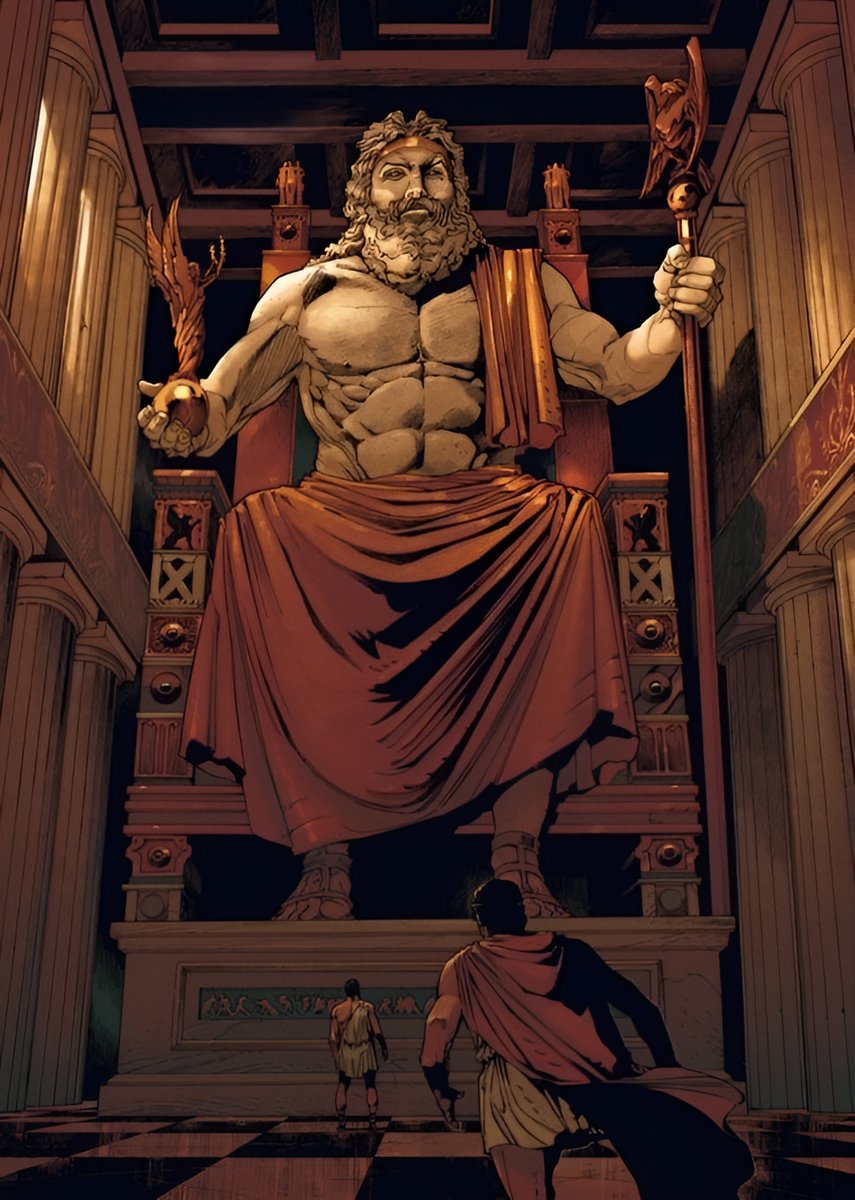
The origins of the ancient Olympic Games are steeped in Hellenic mythology. Legend credits Hercules with founding the Games to honor his father, Zeus. 
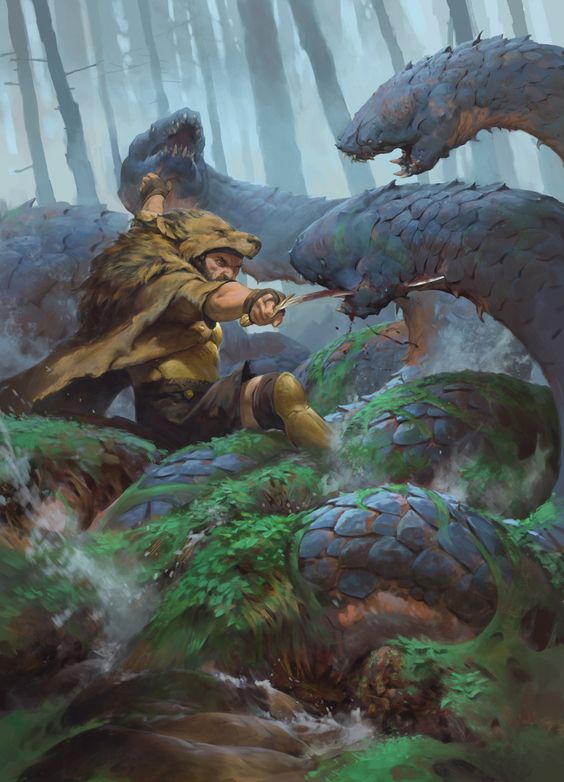
The first recorded Olympic Games took place around 776 BC in Olympia, a sanctuary site for the Greek gods. These early Games were a local festival, but they quickly grew in importance and prestige. 
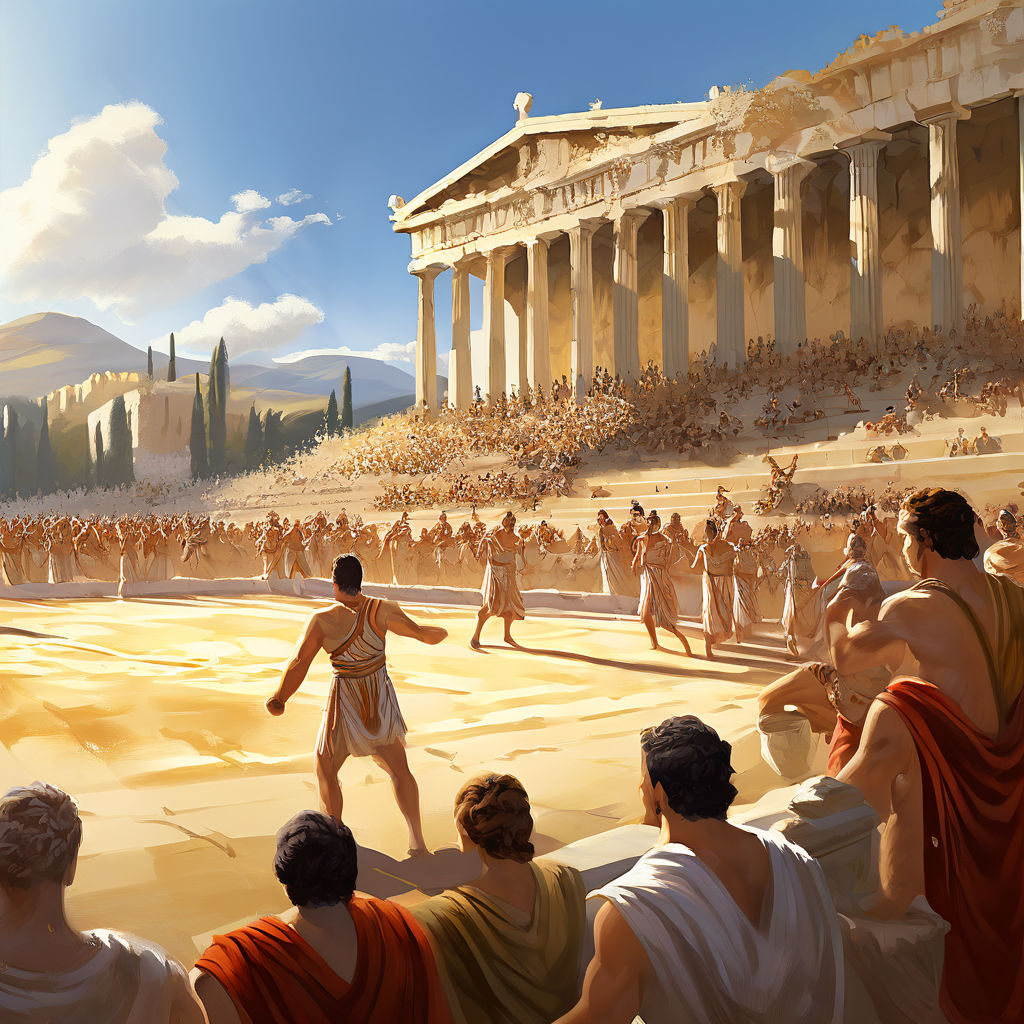
The primary purpose of the Olympic Games was religious. The Games were part of a festival to honor Zeus. A massive statue of Zeus at Olympia, one of the Seven Wonders of the Ancient World, underscored this religious devotion. 
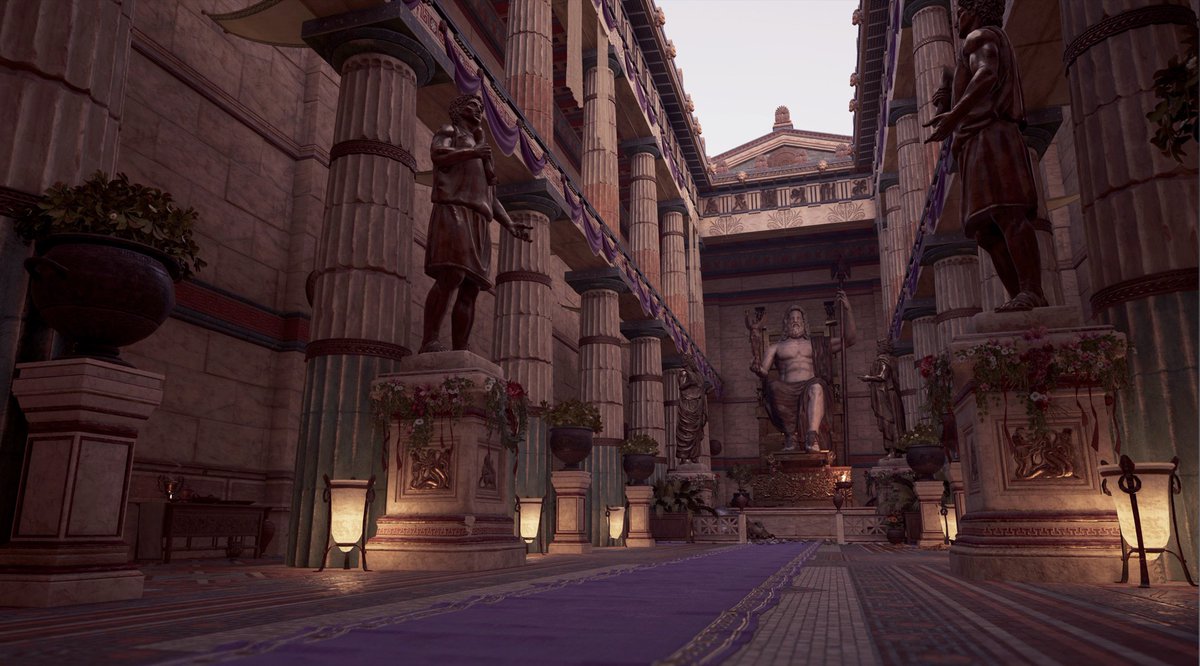
The date of the festival was determined according to a complicated formula whereby the midpoint of the festival would occur during the second full moon after the summer solstice—usually late August or early September. 
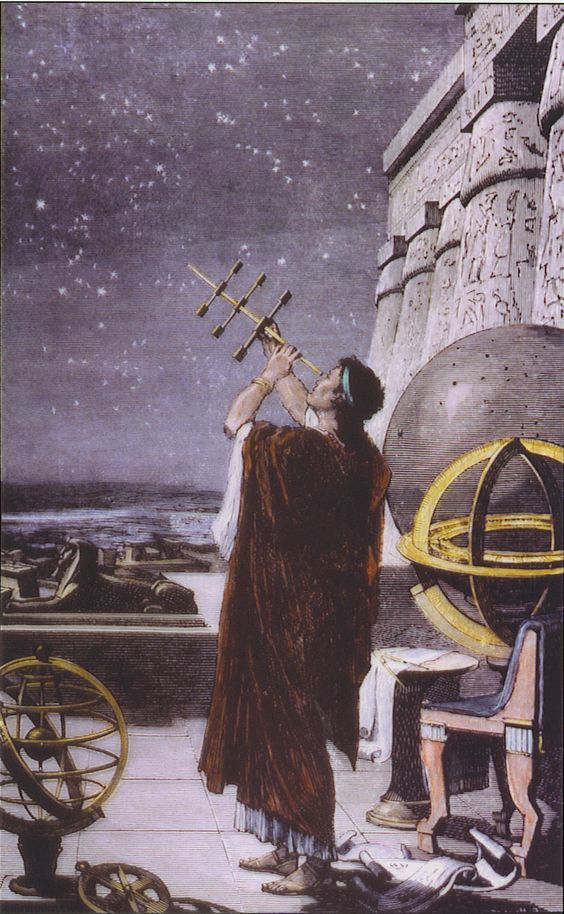
Heralds were sent from the Committee to announce the dates and invite only "legitimate sons of free-born Hellenic parents." Thousands of Hellenes from Macedonia to Crete and from Magna Graecia to Asia Minor made the journey, like a pilgrimage. 
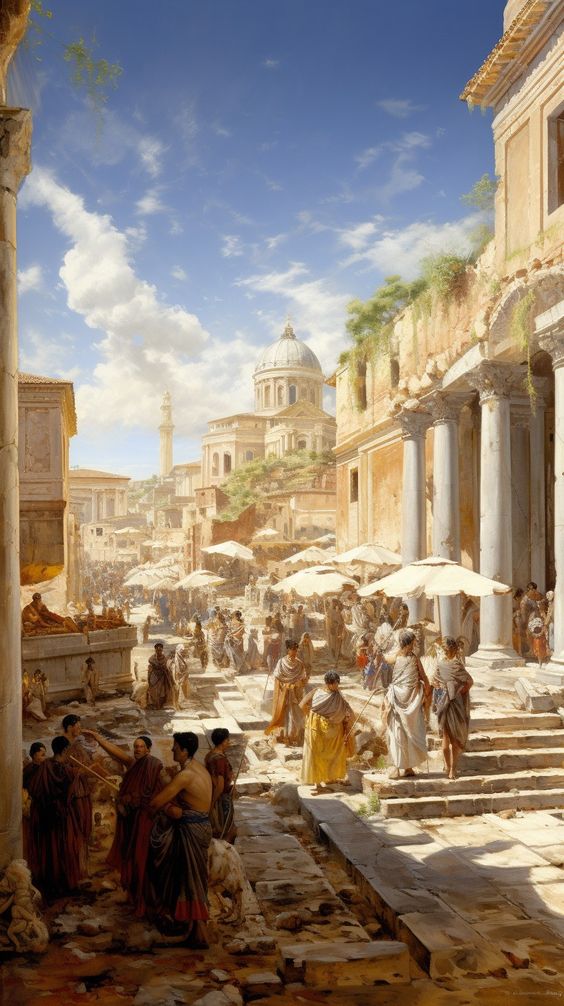
The Olympics served as a unifying force among the ever-warring Greeks. During the Games, a sacred truce (ekecheiria) was declared, allowing athletes and spectators to travel safely to Olympia. 
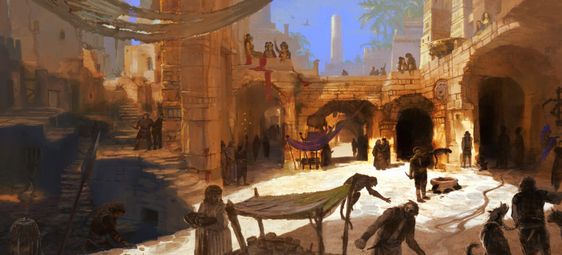
Can you imagine the mad Greeks massacring each other and then just shaking hands and meeting in Olympia to celebrate the unity of their nation? In reality, this was not entirely true; the hostilities almost paused and the “pilgrims” were allowed passage (almost) everywhere. 
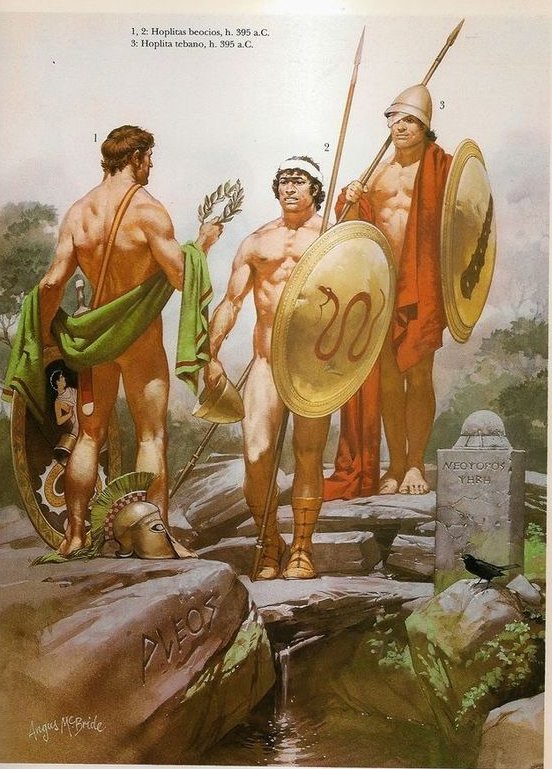
The Games celebrated the human body's capabilities and encouraged a culture of physical fitness, which was highly valued in Greek society. They featured mainly athletic but also combat sports such as wrestling and the pankration, horse and chariot racing events. 
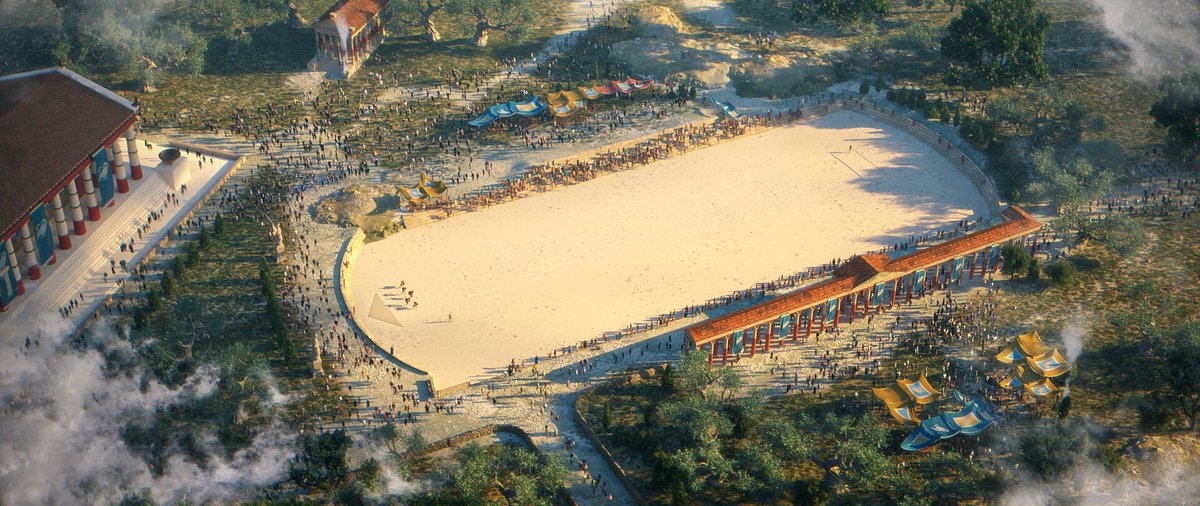
Some examples are Pentathlon, five-event competition including discus, javelin, long jump, stadion race, and wrestling, combat Sports like Boxing, wrestling, and pankration (Greek MMA) and chariot and horse racing. 
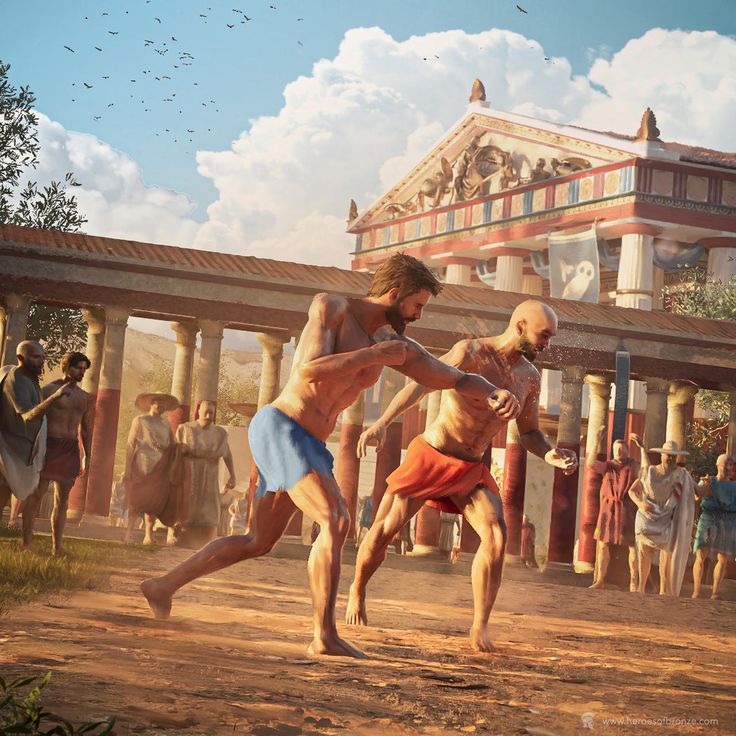
The Games evolved into a five-day event, featuring various athletic contests, religious rituals, and feasting. Only freeborn Greek men were allowed to compete.
Women were not permitted to compete or even attend, except for the priestess of Demeter. Athletes trained rigorously for months, sometimes years, under the patronage of their city-states.
Women were not permitted to compete or even attend, except for the priestess of Demeter. Athletes trained rigorously for months, sometimes years, under the patronage of their city-states.
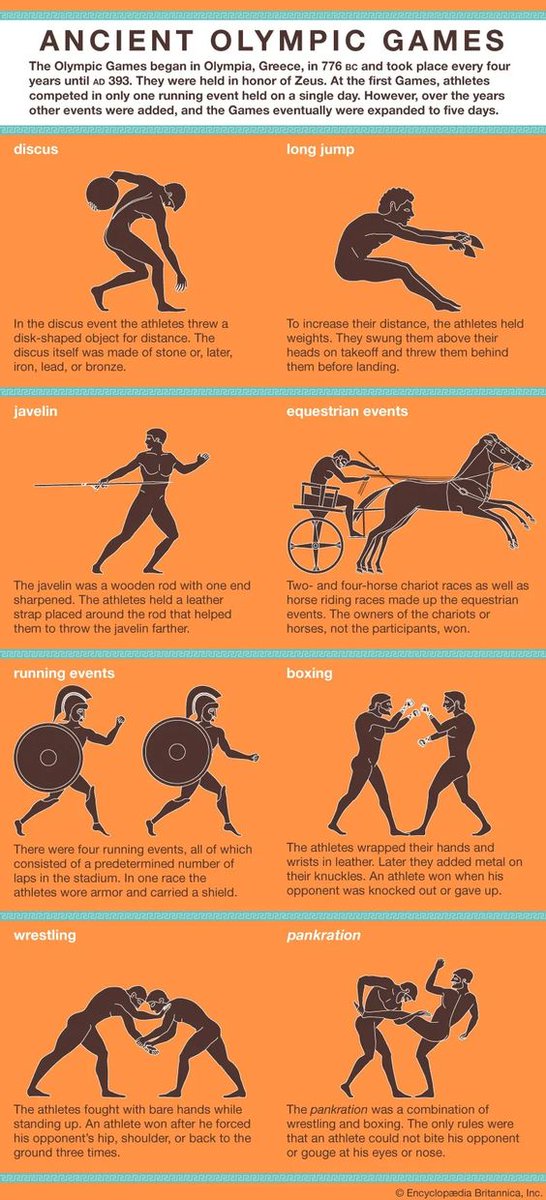
The ancient Olympics were more than just athletic competitions; they were a crucial part of Greek cultural identity. Victorious athletes were celebrated and immortalized in statues and poems. 
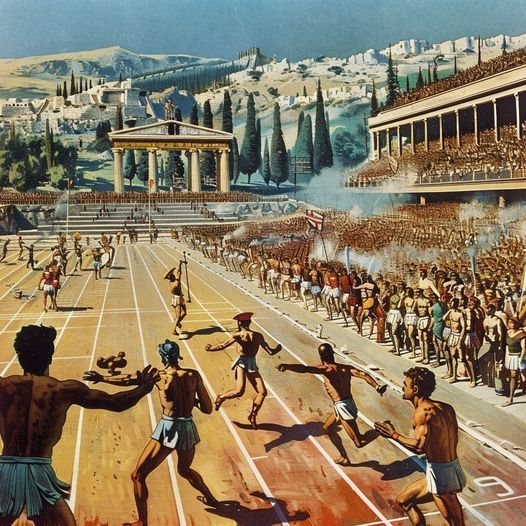
It was great prestige and immense Honor to win in the Olympic games; Philipp of Macedonia won the chariot games multiple times. Other great champions were Milon of Croton, Theagenes of Thasos and Diagoras of Rhodes. 
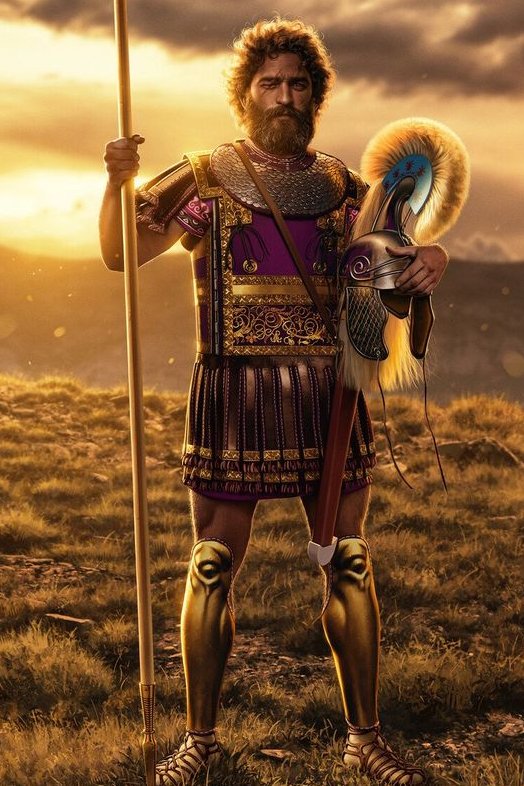
The Games reached the height of their success around 5th century BC, but then gradually declined in importance as the Romans gained power and influence in Greece.
While there is no consensus as to when the Games officially ended, the most commonly held date is 393 AD, when the emperor Theodosius I decreed that all pagan practices be eliminated.
While there is no consensus as to when the Games officially ended, the most commonly held date is 393 AD, when the emperor Theodosius I decreed that all pagan practices be eliminated.
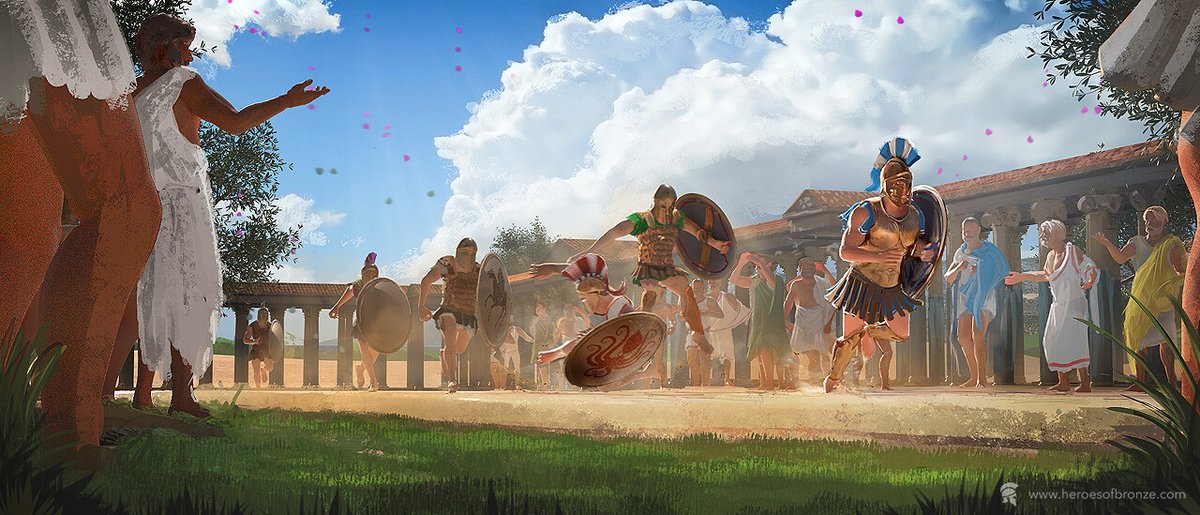
Greek interest in reviving the Olympic Games began with the Greek War of Independence from the Ottoman Empire in 1821. It was first proposed by poet and newspaper editor Panagiotis Soutsos in his poem "Dialogue of the Dead", published in 1833. 
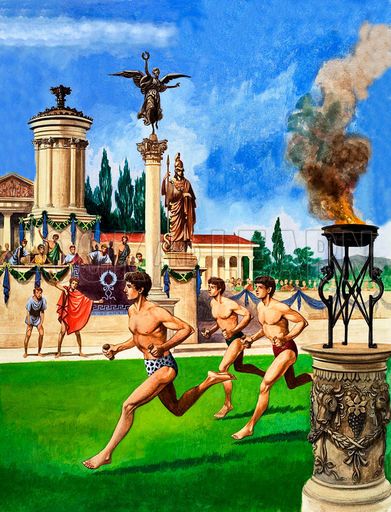
Evangelos Zappas, a wealthy Greek-Romanian philanthropist, first wrote to King Otto of Greece, in 1856, offering to fund a permanent revival of the Olympic Games.
Zappas sponsored the first Olympic Games in 1859; he also funded the restoration of the ancient Panathenaic Stadium (kalimarmaron) so that it could host all future Olympic Games.
Zappas sponsored the first Olympic Games in 1859; he also funded the restoration of the ancient Panathenaic Stadium (kalimarmaron) so that it could host all future Olympic Games.
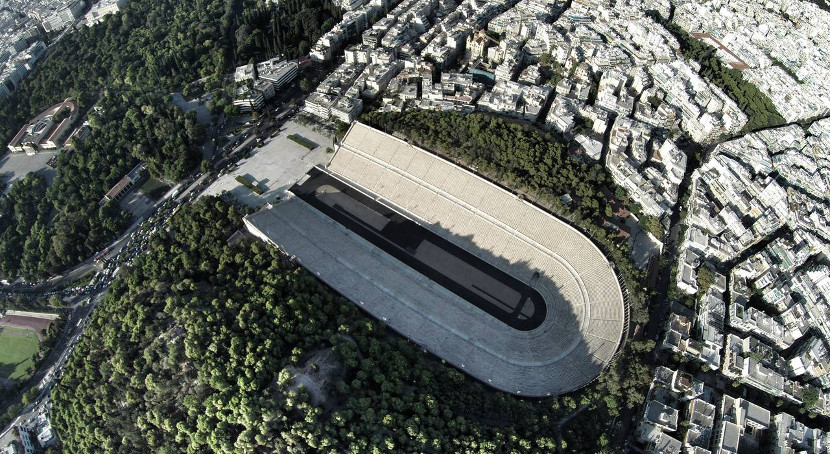
The legacy of the ancient Olympics was supposed to live on in the modern Olympic movement, which should carry forward the ideals of unity, peace, honor and the pursuit of excellence.
And now I ask you.. Do the Paris Olympics serve their original purpose?
And now I ask you.. Do the Paris Olympics serve their original purpose?
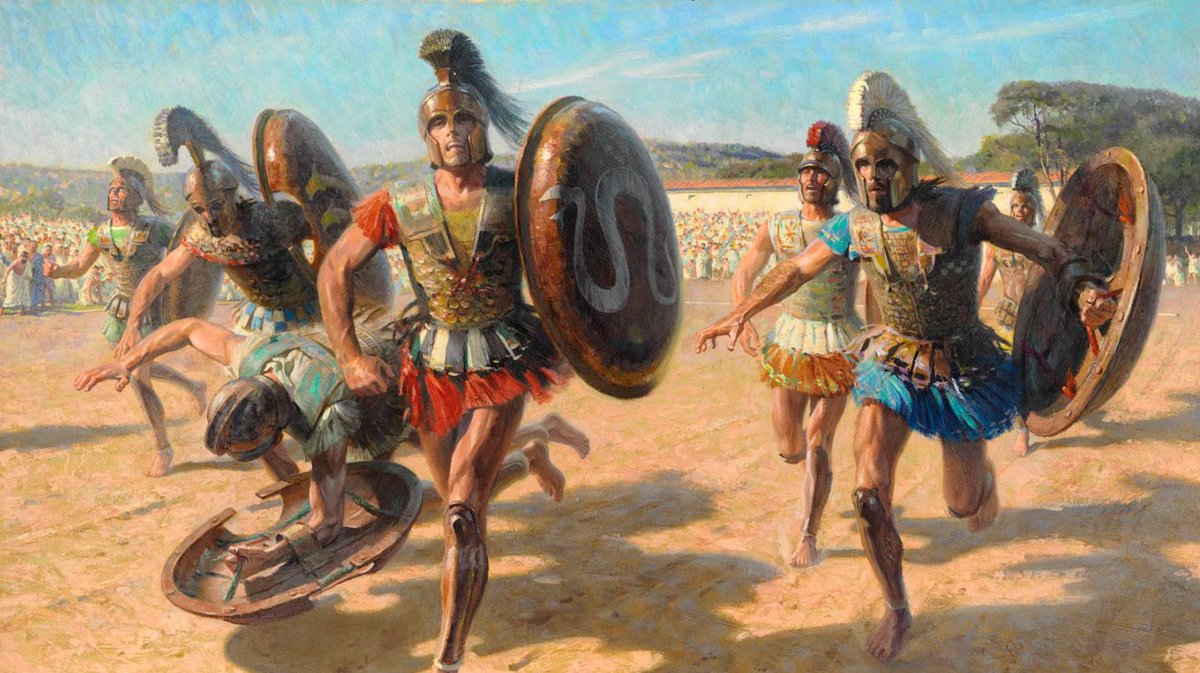
• • •
Missing some Tweet in this thread? You can try to
force a refresh


